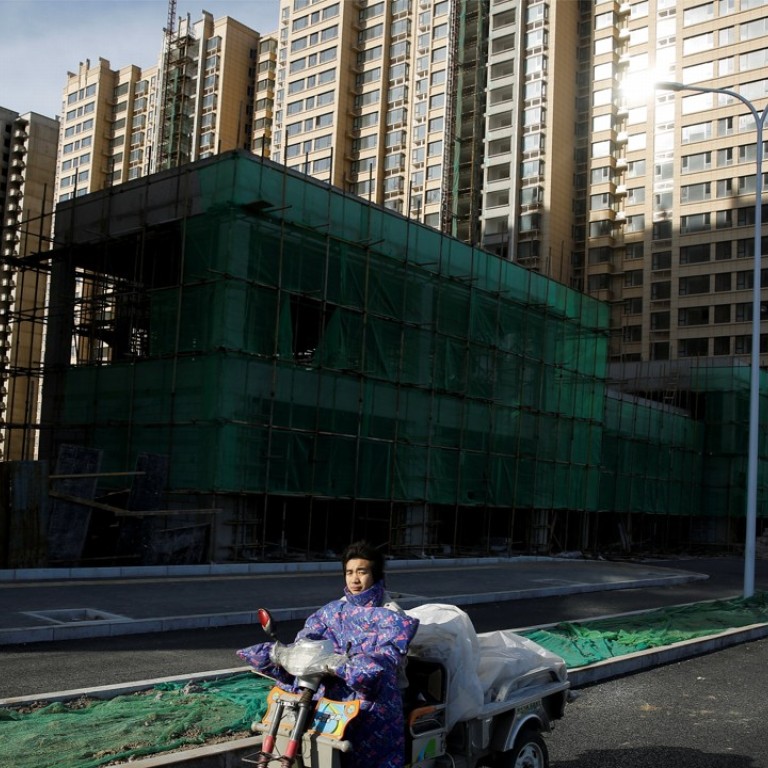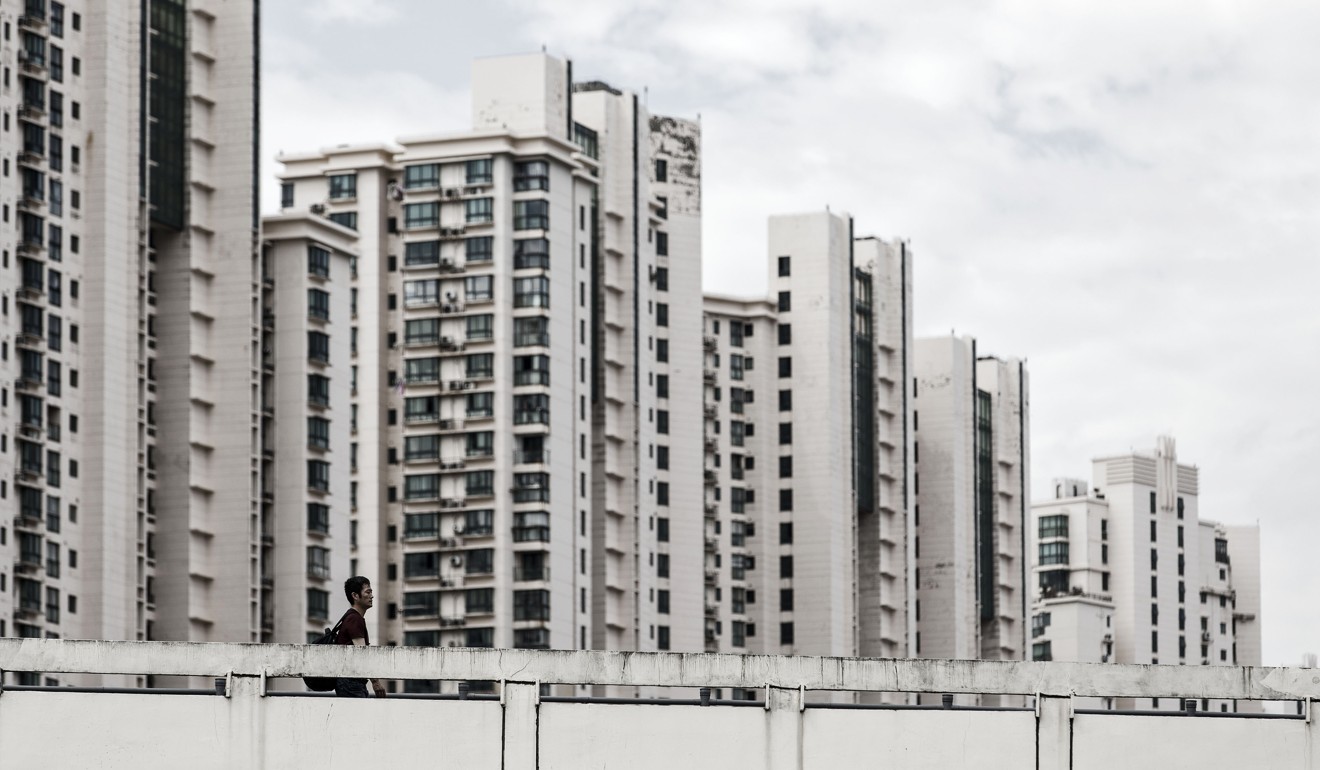
What does Chinese President Xi’s new longevity mean for the country’s property market?
Being able to stay in office for longer could allow him to push his plans to end speculation, but he still faces the problem of how to avoid damage to a broader economy reliant on property investment
Chinese President Xi Jinping’s new-found ability to stay in his job indefinitely may give him greater scope to pursue his plans to curb rampant speculation in the country’s property market, but he will still face the problem of how to avoid damaging an overall economy heavily dependent on the sector.
In the latter phase of his first five-year presidency, Xi pushed an array of policies that included curbs on home speculators, more land for government-subsidised homes and measures to boost the long underdeveloped leasing market. He has also flagged the idea of imposing a property tax.
His approach was crystallised in a comment he made to a Communist Party meeting last October, that “houses are used for living, not speculation”. The measures introduced so far have kept property price rises in big cities in check, and some analysts argued that being free from the restrictions of having to step down meant that Xi could forge ahead with his plans.
“If you look at the track record, you’ll realise that when Xi says something, he really means it,” said Shen Jianguang, chief Asia economist at Mizuho Securities Asia. “In the past 10 years or so the market has lived through cycles of price surges followed by policy curbs that cool the market, and then policy easing and price reflation. Xi means to end that cycle.”
That could potentially mean an end to the relentless price rises that have characterised mainland China’s property market in recent years, with many people effectively unable to own property in many cities. The fact that Xi’s October comment was included in an official document means that his policies would continue, regardless of the new decision on the length of his term in office, said Larry Hu, property analyst at Macquarie Securities.
At the same time, he added that that does not mean the economic fundamentals of the property market would be ignored.
“For this year there isn’t much possibility for an easing [of property market curbs],” Hu said. “But if the market continues to slump into next year, easing is not unlikely.”
And those fundamentals are important to the economy: land sales remain the largest source of local governments’ revenue, while property investment accounts for a third of all investment in China.

For other analysts, that means the change of Xi’s status will have no impact on the property market, and it will be business as usual because policy will still have to be based on market conditions.
“The government makes decisions based on similar market information that the public has, so they will move with the tide,” said David Hong, head of research at Chinese real estate information provider CRIC.
Hong said that Xi could not defy some of the basic rules of the Chinese property market: that unless local governments could fully shift away from relying on land sales for revenue, the central government would not be able to stay on the sidelines if the market fell, and that developers’ margins are falling under pressure of market curbs and they could not afford further price cuts.
He noted the example of joint-ownership homes, a scheme designed by government to push developers to build houses under the market price. Several plots designated for such units have failed to find buyers or have been sold at zero premiums in major cities, highlighting the difficulties of feeding demand for lower cost homes through private market mechanisms.
“Look at Hong Kong. So many public flats are being built but still so many people are buying private homes, despite the highest property prices in the world,” Hong said. “Joint-owned and rental homes at best delay people’s purchases of homes, rather than eliminating demand.”
Yi Xianrong, an economics professor at Qingdao University, also believes the government’s plan to push rental homes will not do much to dampen enthusiasm for property ownership. Though prices have corrected in Beijing and Shanghai in the past year, and the draconian restrictions in force in those cities have made a rebound in prices difficult, property speculation is still rife in smaller cities.
“Only market-oriented tools like a property tax can be the game-changer. But when and how such measures would be implemented is an unknown now,” he said.

